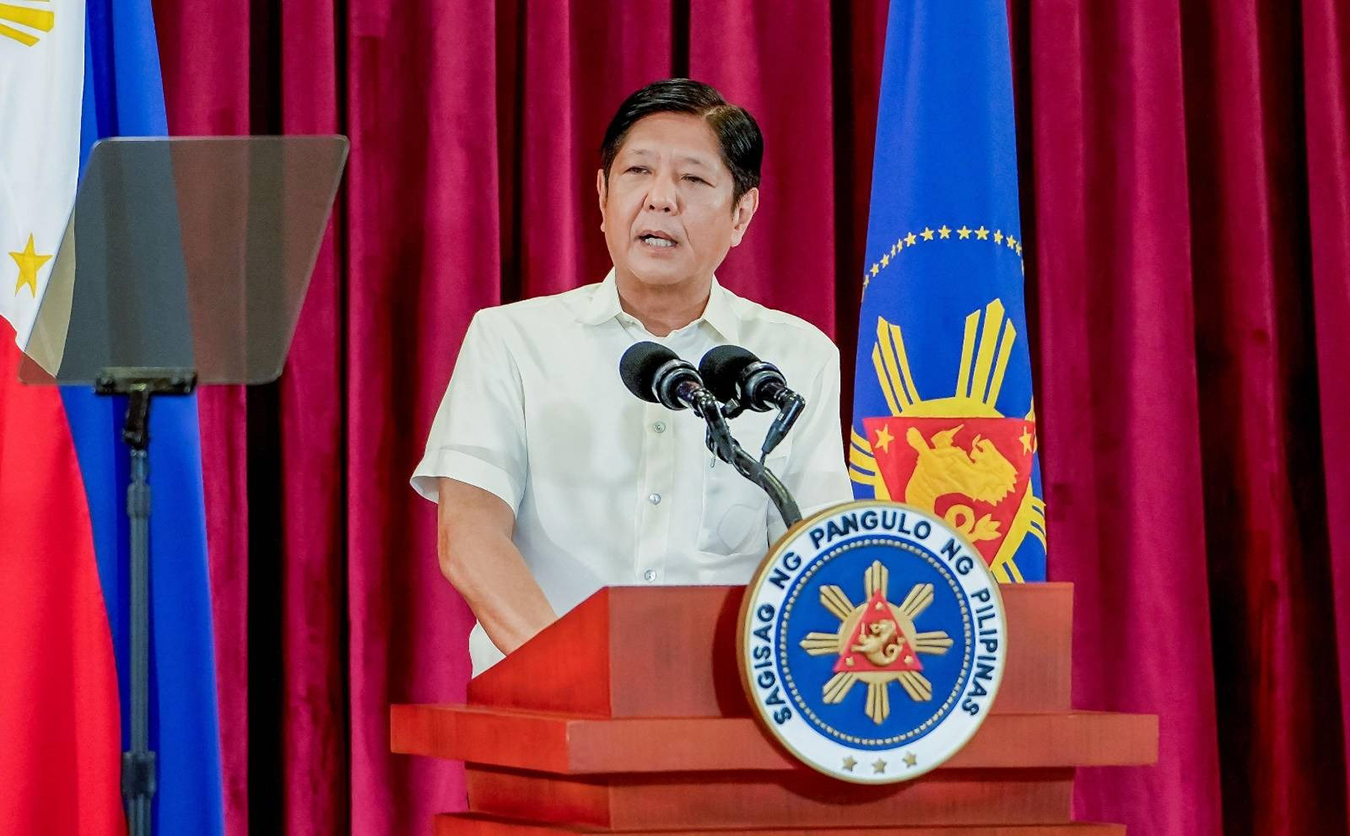
By Brian Jules Campued
President Ferdinand R. Marcos Jr. has formed a special committee tasked to sustain initiatives and accomplishments under the United Nations for the Joint Program (UNJP) on human rights in the areas of law enforcement, criminal justice, and policymaking, Malacañang said Sunday.
Under Administrative Order (AO) No. 22, signed by committee chair and Executive Secretary Lucas Bersamin on May 8, the “Special Committee on Human Rights Coordination” is co-chaired by the Justice secretary, with the Foreign Affairs, and the Interior and Local Government secretaries serving as members.
The Presidential Communications Office said President Marcos previously highlighted the significance of maintaining and intensifying the accomplishments of the United Nations for the Joint Program on Human Rights (UNJP) through the institutionalization of a strong and healthy multi-stakeholder process for the promotion and protection of human rights in the country.
“It is imperative to sustain and enhance the accomplishments under the UNJP, which is set to expire on July 31, 2024, through institutionalization of a robust multi-stakeholder process for the promotion and protection of human rights in the Philippines,” Marcos said in the AO.
Aside from the UNJP, the Philippines is also a state party to the Universal Declaration of Human Rights, the International Covenant on Economic, Social, and Cultural Rights, and the International Covenant on Civil and Political Rights, which then prompted the creation of a Presidential Human Rights Committee.
The PHRC was tasked to formulate a national human rights action plan and its secretariat will also serve as the secretariat of the special committee.
Duties and functions of the special body include strengthening existing mechanisms in the areas of: investigation and accountability; data gathering on alleged human rights violations by law enforcement agencies; expanding civic space and engagement with private sector; national mechanisms for implementation, reporting, and follow-up; human rights-based approach towards drug control; and human rights-based approach towards counterterrorism.
The special committee is also tasked to “monitor and ensure effective implementation of government policies and programs aimed at upholding and protecting human rights of persons deprived of liberty, particularly in guaranteeing that no one is subjected to torture and other cruel, inhumane, or degrading treatment of punishment.”
The Philippines also partnered with the UNJP to engage in capacity-building and technical cooperation in the areas of law enforcement, criminal justice, and policy-making in the Philippines.
Senator Francis Escudero lauded the President and expressed his support for the issuance of the AO, emphasizing the need for its effective implementation.
“It is crucial not only for addressing human rights issues related to the previous Marcos regime but also for addressing concerns from the previous administration and the entire country,” Escudero said in a statement Monday.
“We must ensure that this initiative translates into meaningful action, benefiting all Filipinos,” he added.
Meanwhile, Albay 1st District Rep. Edcel Lagman said the special committee must be paired with the immediate ratification of the United Nations’ Convention for the Protection of All Persons from Enforced Disappearance and enactment of the Human Rights Defenders (HRD) Protection Act.
In a statement Sunday, Lagman welcomed the President’s initiative as he also underscored the need for “full and strict implementation of the triumvirate of human rights statutes, namely the Anti-Torture Act, the Criminalization of Enforced and Involuntary Disappearance Act, and the Reparation and Recognition of Human Rights Violations Victims Act.”
“While the Philippines is a state party to eight human rights conventions, it has yet to join 71 states that have ratified the Convention,” the lawmaker said.
He also suggested that the special committee should include representatives from civil society with experience in human rights advocacy.
In a recent ruling, the Supreme Court cited red-tagging, vilification, labeling, and guilt by association as a threat to a person’s “right to life, liberty, or security”. – av
